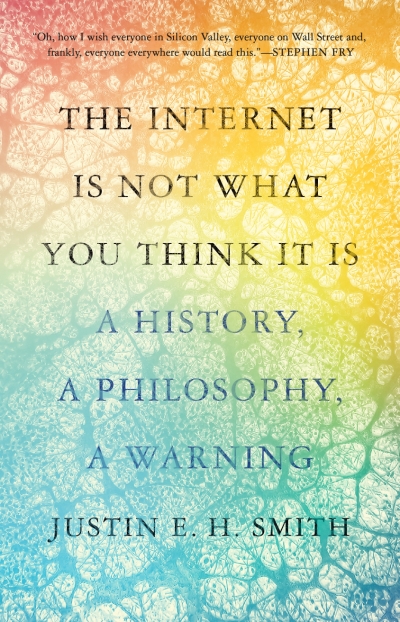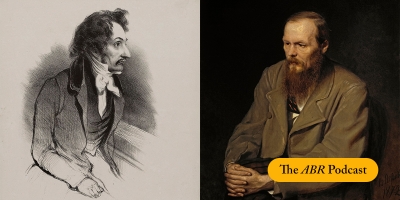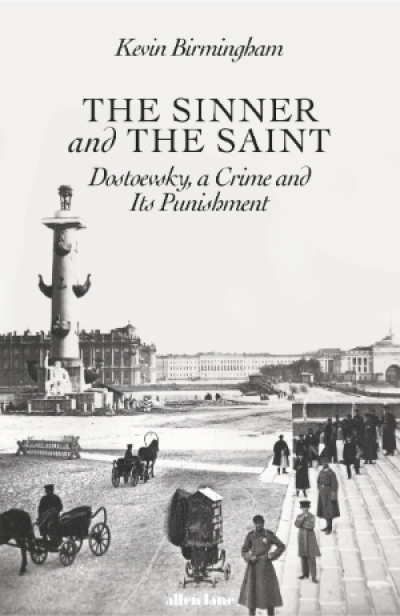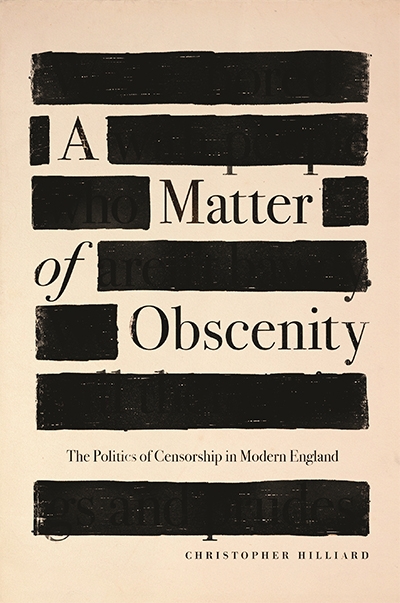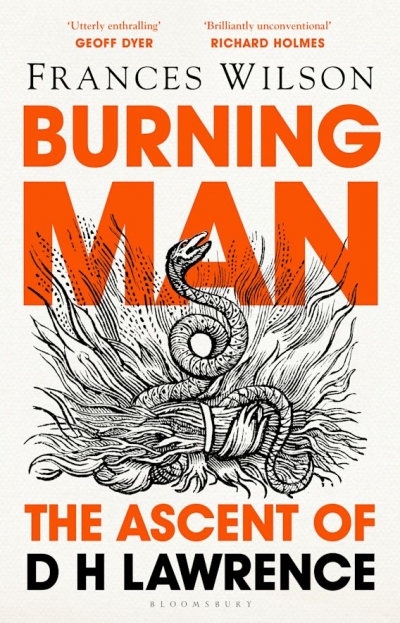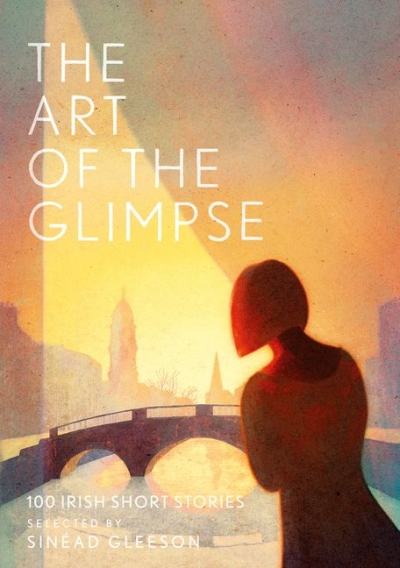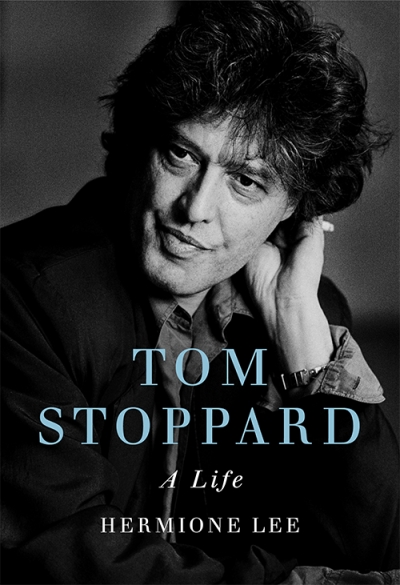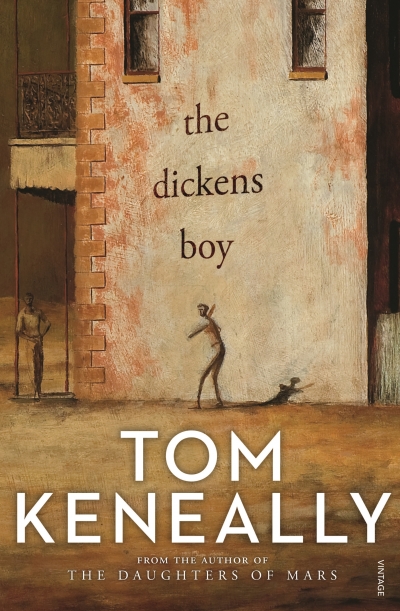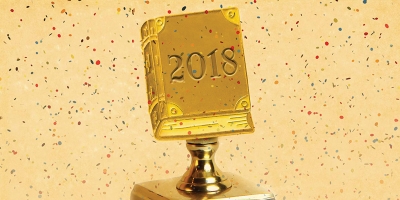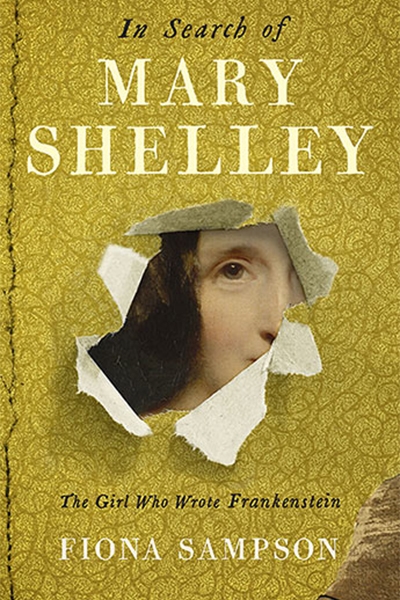Geordie Williamson
The Internet Is Not What You Think It Is: A history, a philosophy, a warning by Justin E.H. Smith
Author and scholar Kevin Birmingham has shown that books as much as people are worthy subjects of biography. This year he has followed up The Most Dangerous Book, his award-winning account of the battle to get James Joyce’s Ulysses published, with The Sinner and the Saint, a book about the genesis of another classic: Crime and Punishment. In this week’s episode of The ABR Podcast, Geordie Williamson reads his review of Birmingham’s latest study, one which ‘brings microscopic detail and a sense of drama to the composition’ of Fyodor Dostoevsky’s masterpiece.
... (read more)The Sinner and the Saint: Dostoevsky, a crime and its punishment by Kevin Birmingham
A Matter of Obscenity: The politics of censorship in modern England by Christopher Hilliard
Burning Man: The ascent of D.H. Lawrence by Frances Wilson
The Art of the Glimpse: 100 Irish short stories edited by Sinéad Gleeson
To celebrate the best books of 2018, Australian Book Review invited nearly forty contributors to nominate their favourite titles. Contributors include Michelle de Kretser
... (read more)
